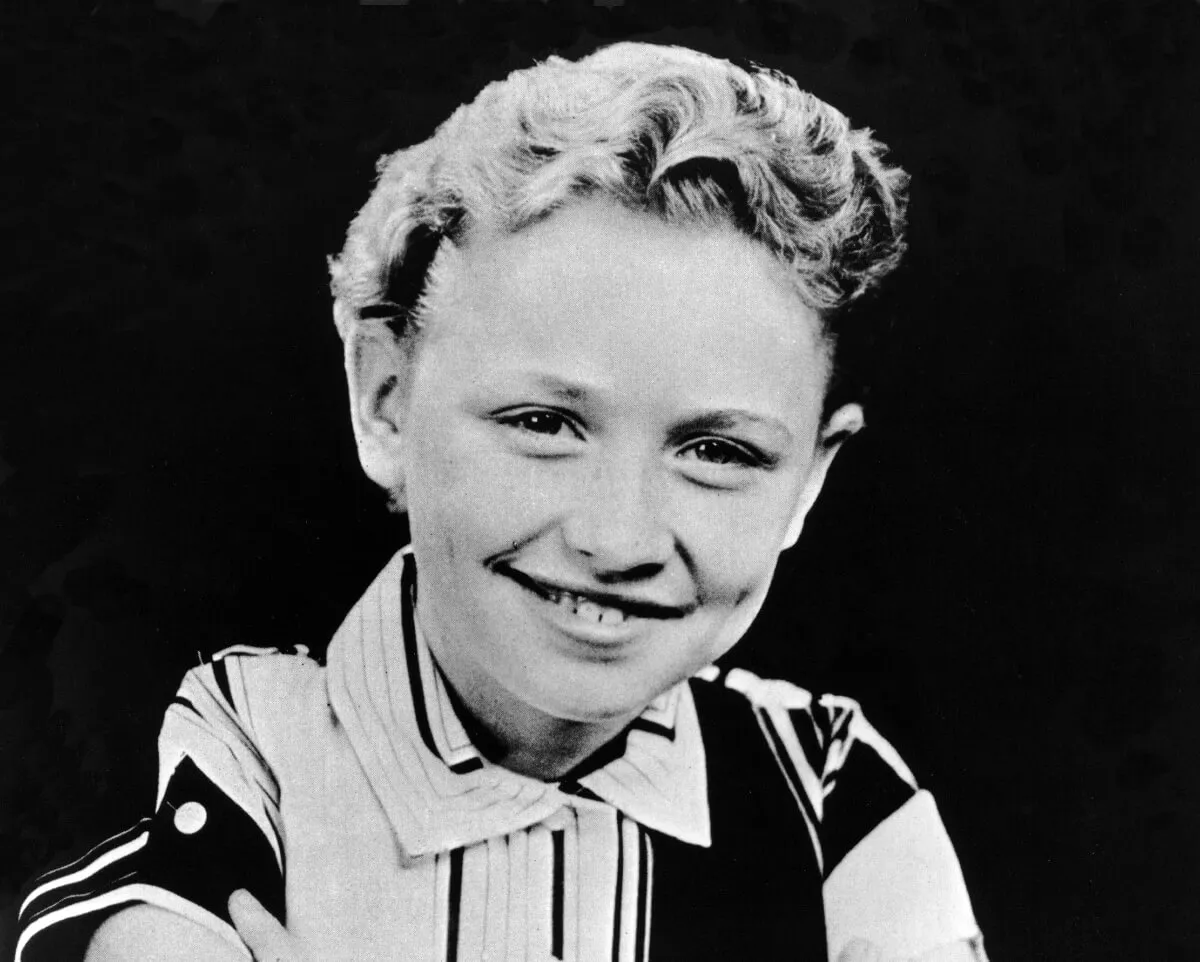‘Hillbilly Elegy’ Movie Review: Another Netflix Oscar Contender
In the last few years, Netflix’s entry into the prestige movie space has incurred the ire of no less than Steven Spielberg. Netflix movies like Roma, The Irishman, Marriage Story and The Two Popes have posed great competition for theatrical movie studios at the Oscars. In a year during which movie theaters closed due to the coronavirus (COVID-19) pandemic, Netflix became one of the only games in town for prestige movies. Hillbilly Elegy would be a strong contender in any year, but many of its stiffest competitors have made way for 2021.
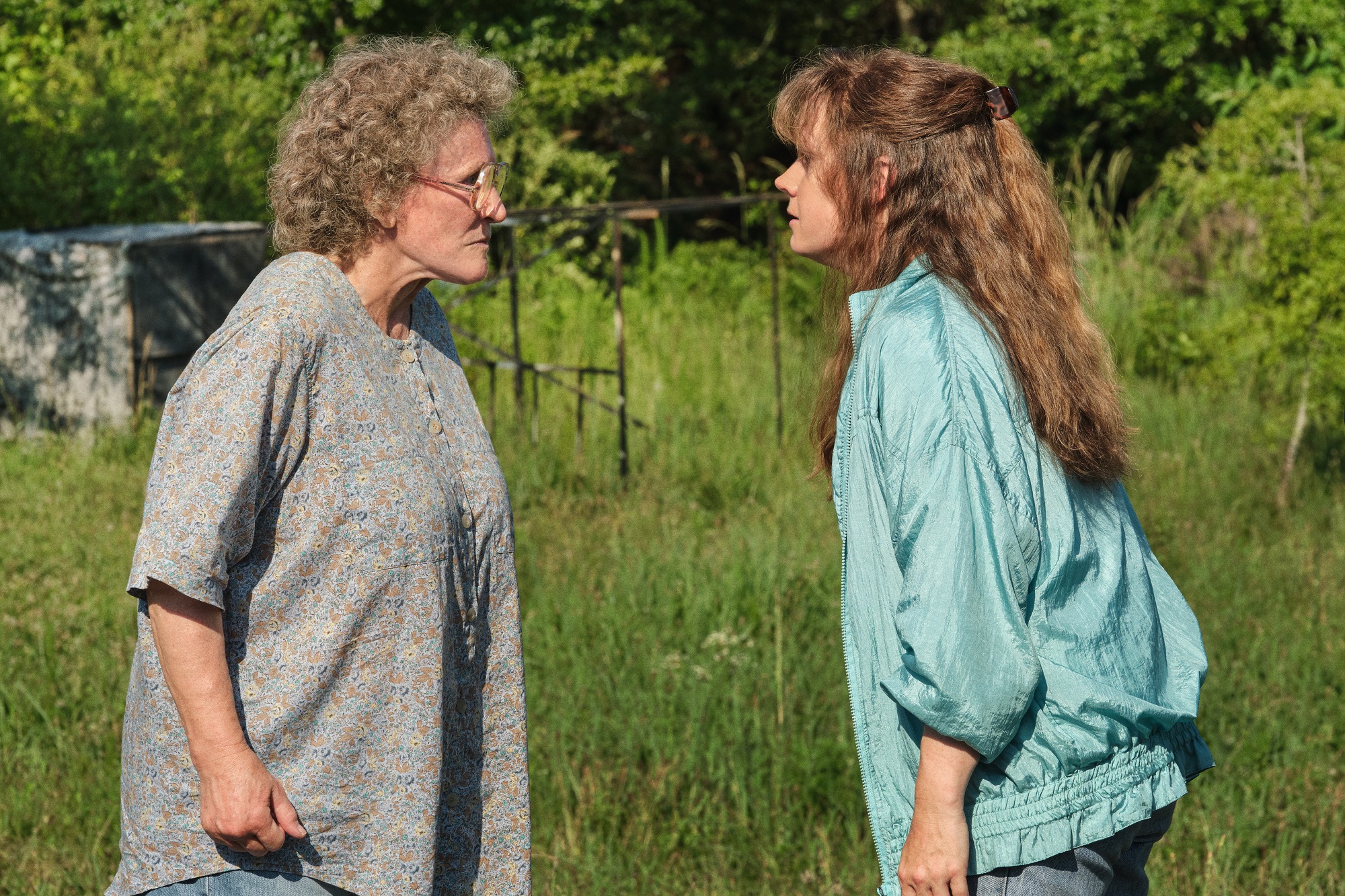
‘Hillbilly Elegy’ or a tale of 2 J.D. Vances
In 1997, Bev Vance (Amy Adams) moves her mother Mamaw (Glenn Close) and kids J.D. (Owen Asztalos) and Lindsay (Haley Bennett) from Jackson, K.Y. to Middletown, Ohio. In 2011, J.D. (Gabriel Basso) is a student at Yale Law School struggling to make his tuition and find an interns
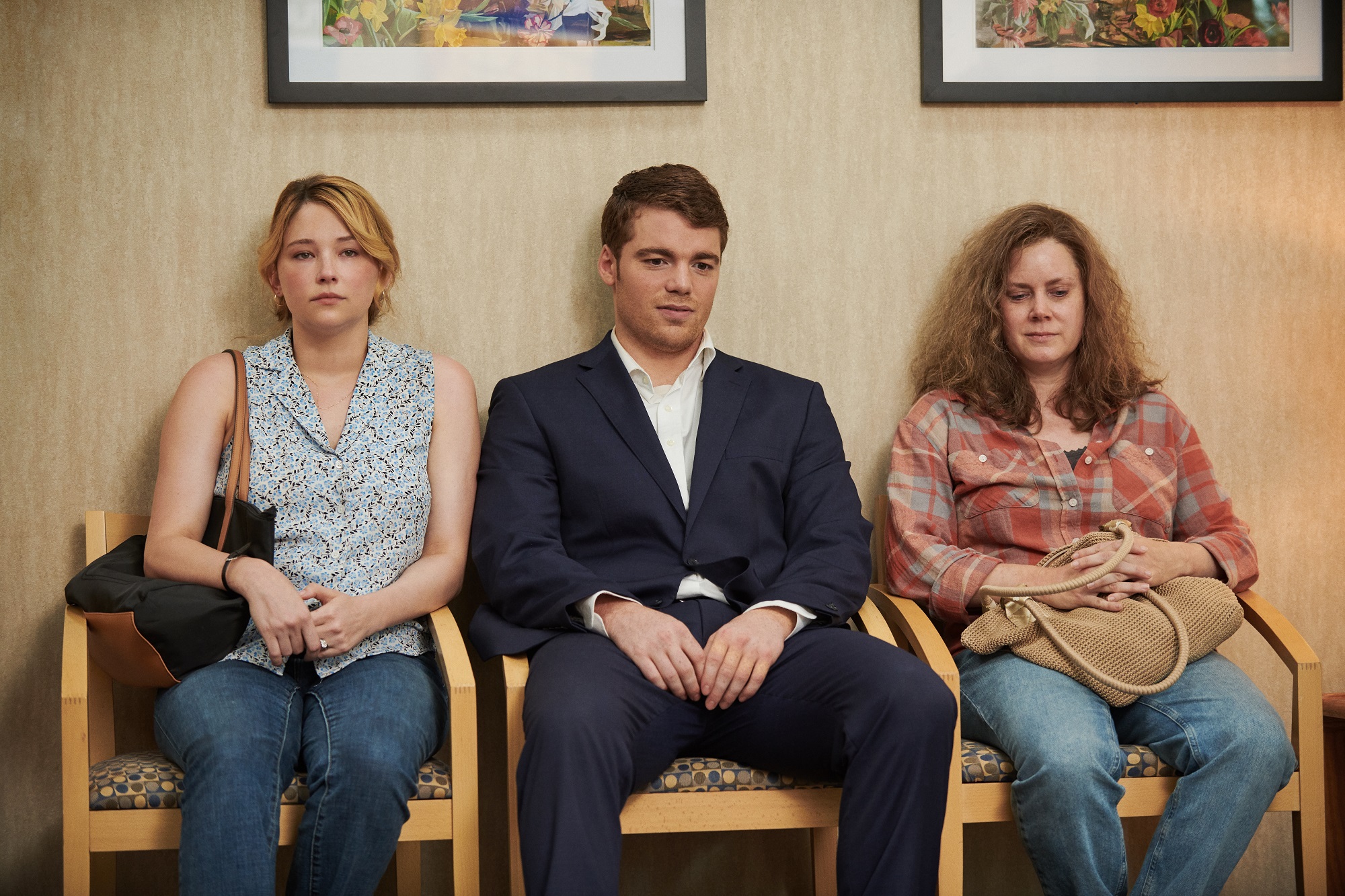
When Bev overdoses on heroin, J.D. must come home to help get her into a rehab center. During a fraught day with Bev and the health care system, J.D. flashes back to more fraught times circa 1997 to paint a portrait of the Vance family.
Amy Adams gives a bravura performance in 2 generations
The standout of Hillbilly Elegy is Adams. There’s no doubt she can play a role like Bev, but it’s still a privilege to get to see her work. Bev is so volatile, she reacts to everything and most of the things she’s reacting to make her mad. You can recognize the personality type, someone who was never taught to manage degrees, so every daily occurrence is an 11. And that’s before drugs.
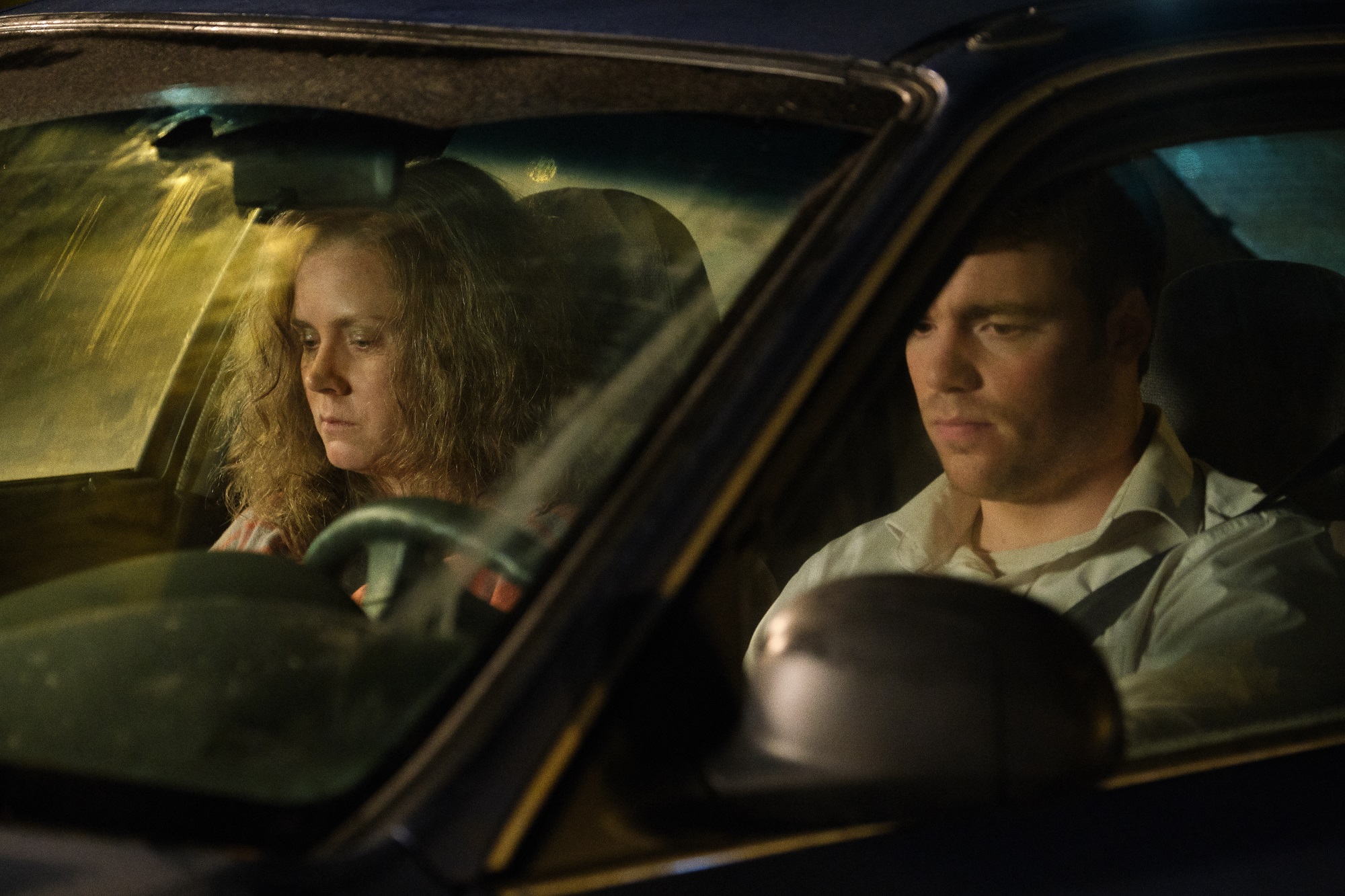
Bev lashes out at a dog for not being housetrained and screams at J.D. for clumsiness around the house. She drives recklessly and hits both J.D. and Lindsay, over reasons that barely warrant attention, let alone getting physical. Bev often creates her own problems and insults the people who can’t fix them.
What a difference 14 years makes in ‘Hillbilly Elegy’
Director Ron Howard and cinematographer Maryse Alberti give the 1997 scenes a brighter look. It’s no less harrowing to see J.D. go through Bev’s mood swings and self-harm in bright light, but it’s a palpable difference from 2011. It serves a practical purpose of making Adams look older when Bev is older, but it’s also metaphorical. J.D. has lost any illusions by then.
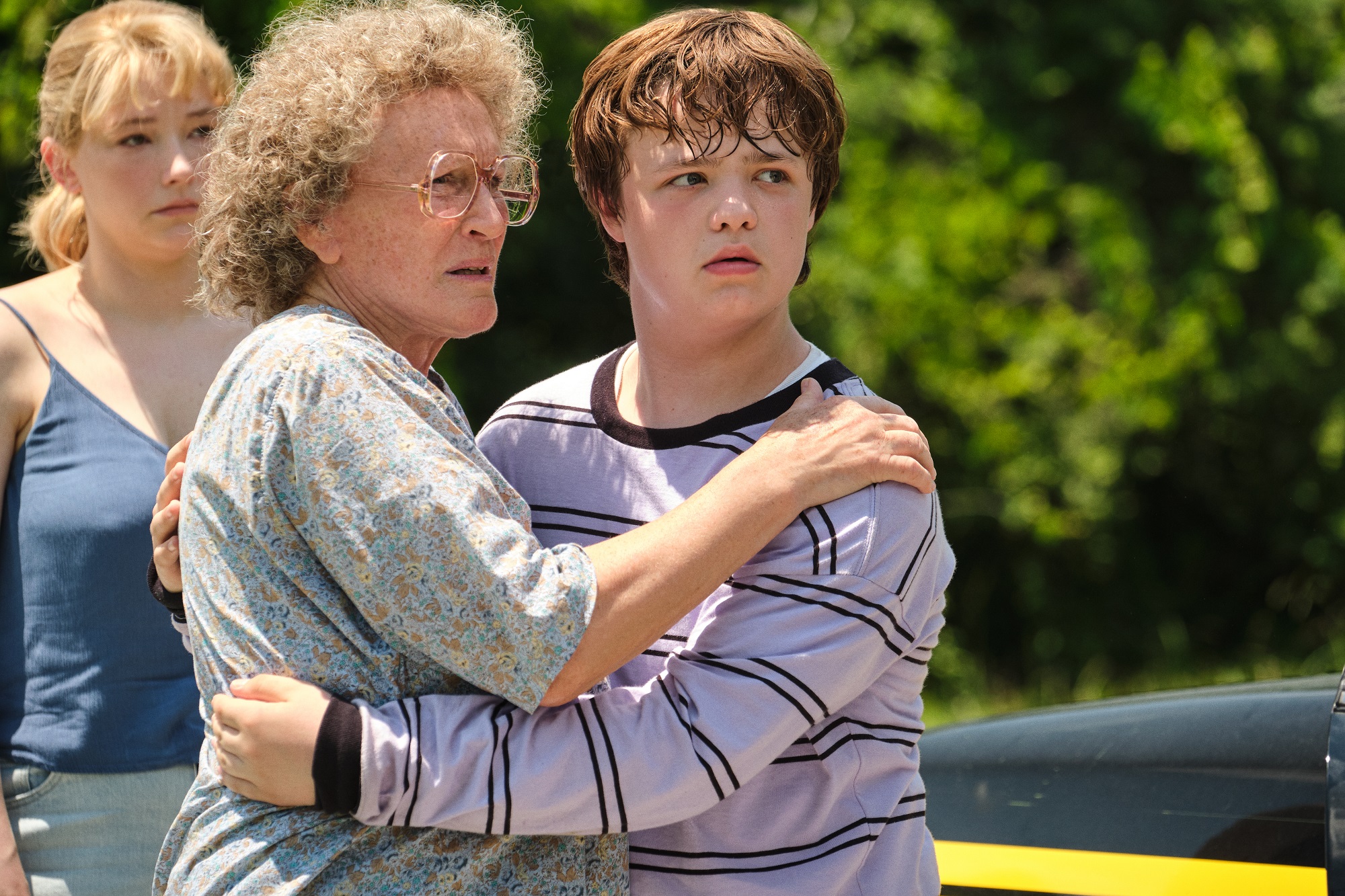
Mamaw is significant in his 1997 life. Everything she says is a life lesson. Maybe that’s how J.D. remembers her, and Hillbilly Elegy is based on the memoir the real Vance wrote. Some of Mamaw’s wisdom seems a little simplistic, especially her Terminator theory, but when Bev is at her worst, Mamaw steps up to shield J.D. from it.
Hillbilly Elegy is about the toll addiction can take on a whole family. That may not sound like fun, but it can be rewarding to see performers like Adams, Close, Bennett, Basso and Asztalos tackle it. Hopefully it is also productive for anyone coping with addiction in any form to see they are not alone, and there are ways through it.

